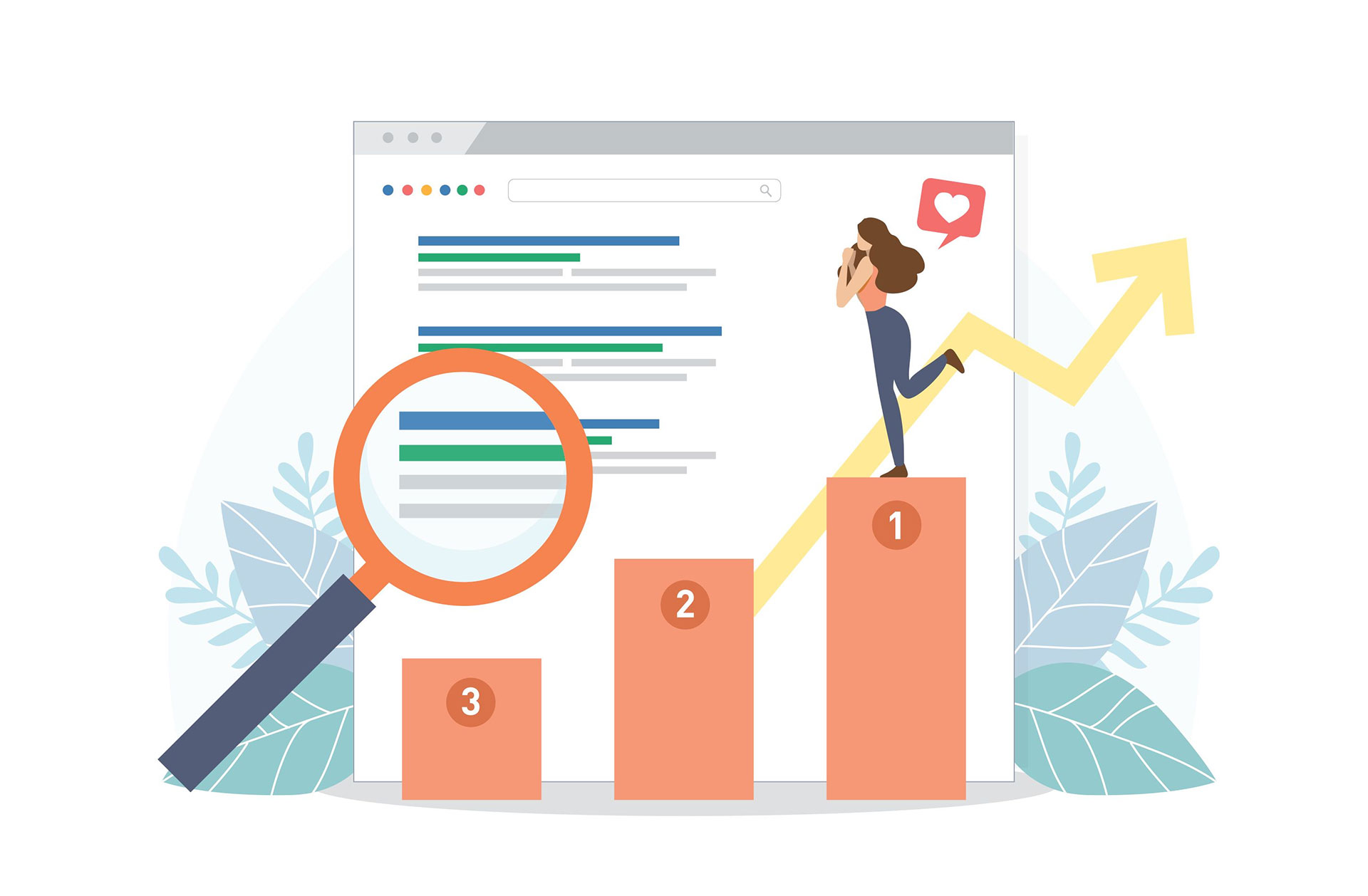What do you do when you need to find a business near you? If you’re like most people, you perform a Google search.
Members of your target audience are doing the same thing — and they’re more likely to click on your business’s website if you rank highly on Google’s search engine results pages (SERPs).
Not sure how to boost your ranking? Here are some tried and true tips you can implement today.
Target the right keywords
Keyword research is critical to a good SEO (search engine optimisation) strategy. Make sure you’re targeting the right keywords with your website content.
When deciding which keywords to use, pay attention to the following:
● Volume: The number of times a term gets searched each month
● Competition: How difficult it is to rank for a specific keyword
● Relevance: Focus on keywords that your target audience will likely be using in their searches
Consider your website’s domain authority (DA), too.
Domain authority affects your site’s ability to rank for specific keywords. The longer it’s been around and the longer you’ve been publishing content online, the higher your DA will be.
Consider keyword intent
Keyword intent describes the reason why someone is typing in a particular keyword. There are four types of intent:
● Informational
● Commercial
● Transactional
● Navigational
Before you try to rank for a specific keyword, type it into Google and see what information comes up. Do the results align with the intent of your content? If not, you’ll have a more challenging time getting your content in front of people who are interested in your products or services.
Write long-form content
Generally, long-form content ranks higher on Google and other search engines. Prioritise longer blog posts, landing page copy, etc., while also including your target keywords (naturally, of course).
Prioritise on-page SEO
On-page SEO involves optimising web pages to improve your site’s ranking and attract more organic traffic. Here are some specific on-page SEO practices you can start implementing today:
● Proper keyword placement: Include the target keyword in your meta title, meta description, and at least two headings. It should appear throughout the body of the text, too.
● Internal/external linking: Add links to at least three other pages on your website, as well as 1-3 links to trusted pages on other sites.
● Meta description: Your meta description should range from 155-165 characters, include your target keyword, and explain the value readers will get if they click on your website.
When placing keywords, remember to use them as naturally as possible. Google can tell if you’re “keyword stuffing” to rank higher without providing value to your readers.
Want to Rank Higher on Google?
Regardless of the products or services you sell, a higher ranking on Google will help you achieve your goals and build your business.
The tips listed above are all good places to start when boosting your ranking. If you want to achieve your goals faster, consider working with a digital marketing agency.
Digital marketing professionals will evaluate your current strategy, identify areas where you can improve, and create a personalised plan.
Are you interested in digital marketing and SEO services? Contact us today to learn more.




